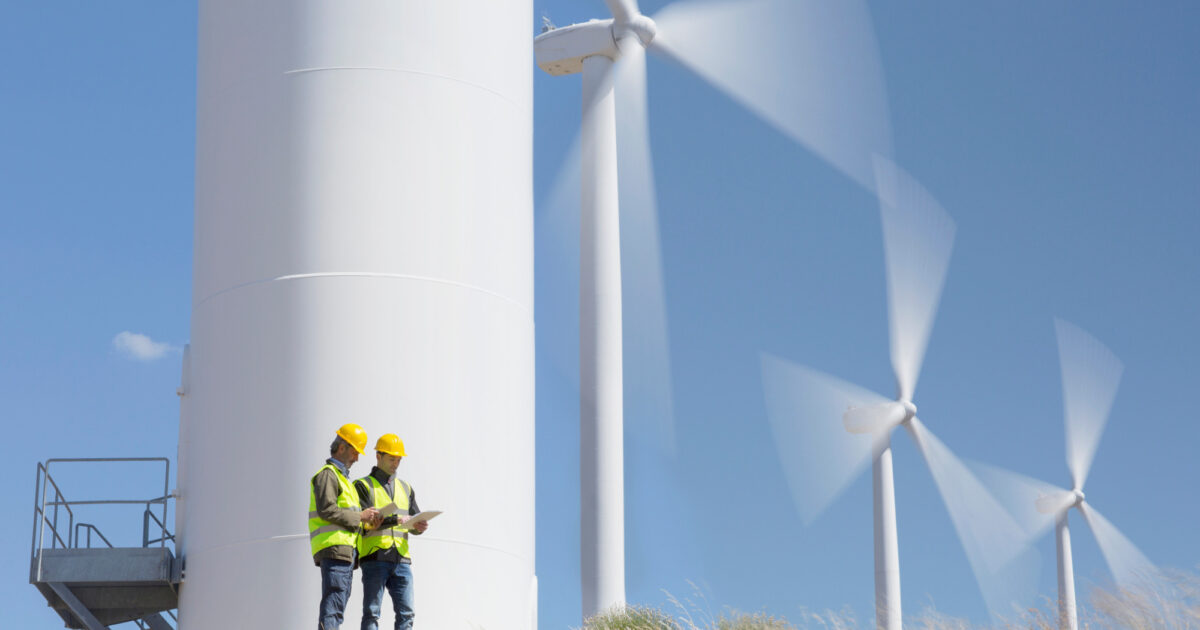On April 28, 2025, around midday, a massive power blackout disrupted the Iberian Peninsula and parts of mainland Europe, including nearly all of peninsular Spain. Electric power was interrupted for approximately 10 hours in most areas, and up to 20 hours in others. It was one of the worst outages in recent European history, reigniting debates around cybersecurity, energy infrastructure, and the resilience of renewable power systems.
More than two months later, investigations into the blackout remain inconclusive, and while Spanish authorities are proposing reforms, political divisions continue to shape the debate.
Spanish Government’s Response to the April 2025 Blackout
Prime Minister Pedro Sánchez’s administration moved quickly to control the narrative, initially urging the public to await the results of the official investigation and discouraging speculation, particularly those blaming the event on a cyberattack or the government’s emphasis on renewable energy.
On June 17, the government released a preliminary report attributing the blackout to a combination of systemic failures. According to the findings, voltage control systems malfunctioned, the grid lacked the flexibility and backup capacity needed to absorb fluctuations, and the increasing share of renewable energy failed to provide the grid inertia traditionally supplied by conventional power plants.
In response, the Council of Ministers approved Royal Decree-Law 7/2025, outlining urgent reforms across three main areas.
- Grid oversight and voltage control, enhancing the CNMC’s enforcement powers and tasking the national electricity grid operator with drafting new technical regulations.
- Energy storage and hybridisation, prioritising hybrid storage systems in cases of grid congestion.
- Industrial electrification, extending toll discounts for electro-intensive industries, and removing taxes on electric furnaces and boilers to support green industrialisation.
While the decree aimed to reinforce the transition to renewables while addressing structural weaknesses, it failed to secure legislative backing. On July 22, Congress repealed the decree, with opposition parties united in criticism amid pressure from industry stakeholders to get it approved.
Opposition Energy Proposals: Nuclear, Public Ownership, and Grid Reform
As the government seeks to rebuild political consensus, a wide array of proposals has emerged from across the political spectrum.
Left-wing parties have largely advocated for greater public control over the energy sector. The Republican Left of Catalonia (Esquerra Republicana de Catalunya — ERC) and the Basque Country Unite (Euskal Herria Bildu — EH Bildu) introduced a bill promoting public ownership of electricity distribution networks, which private companies currently control. Their proposal would create a time-limited concession system with mechanisms for municipal or cooperative management.
Similarly, members of the Mixed Parliamentary Group proposed the creation of a state-owned hydroelectric company, Spanish Energy Production (Produción Energética Española — EPE), which would automatically assume concessions from private operators upon expiry or forfeiture. These proposals reflect a broader push from the left for increased public oversight and strategic control of essential energy assets.
Conversely, the right-wing opposition has criticised the government’s reliance on renewable energy, branding it as unstable and underregulated. In response, the far-right party Vox introduced a bill to eliminate several taxes on nuclear energy, including the 7 percent tax on electricity production and levies on nuclear waste and storage. This reflects a broader right-wing agenda to boost nuclear energy and incentivise private-sector investment.
Furthermore, the Popular Party (Partido Popular — PP), the main opposition force, has focused on institutional oversight. It has formally requested that the European Commission conduct an independent audit, led by the EU Agency for the Cooperation of Energy Regulators, into the blackout and broader regional grid vulnerabilities. The PP maintains that a more diversified energy mix, including nuclear and transitional fossil fuels, would ensure stability during the green transition.
What’s Next for Spain’s Energy Policy After the Blackout?
With Royal Decree-Law 7/2025 repealed and no consensus yet in sight, the future of Spain’s energy policy remains uncertain. The government has announced plans to draft a revised decree incorporating some opposition and industry concerns, but deep divisions persist, particularly around the balance between public and private control, the role of renewables, and the long-term reliability of the national grid.
The April blackout has made clear that Spain’s electricity system, like many across Europe, is undergoing a period of structural stress. While decarbonisation remains an urgent priority, the event exposed the need for better system resilience, enhanced oversight, and flexible infrastructure that can accommodate both the volatility of renewable generation and the complex demands of the country’s economy.
How these issues are resolved in the coming months will determine not just the security of Spain’s electricity supply, but also the credibility of its long-term energy transition.
